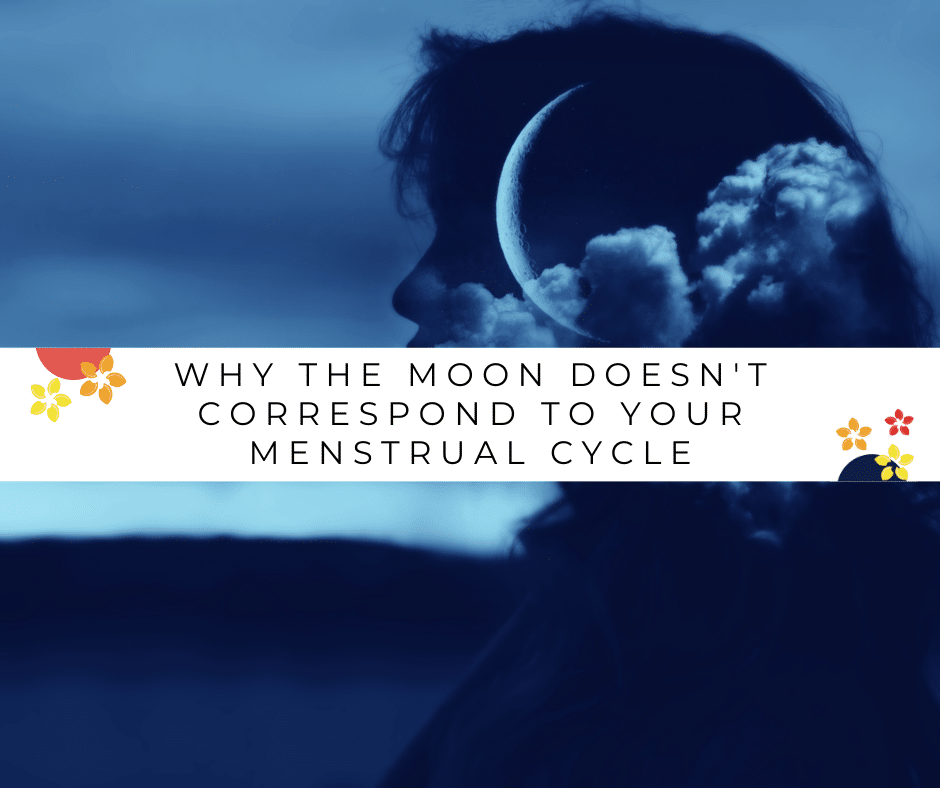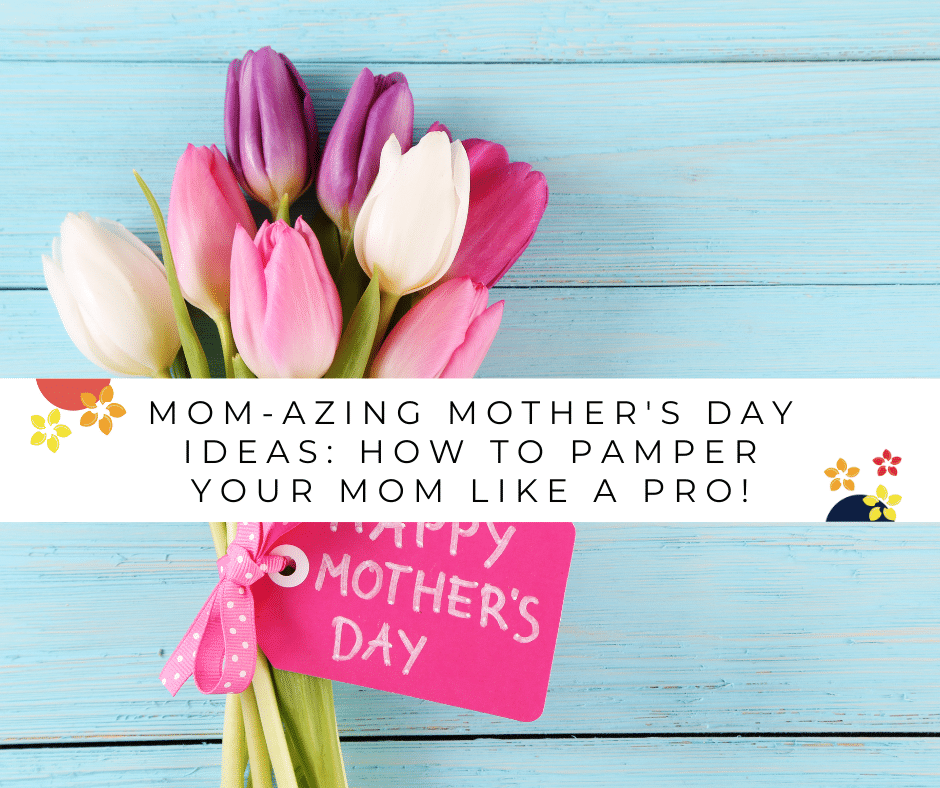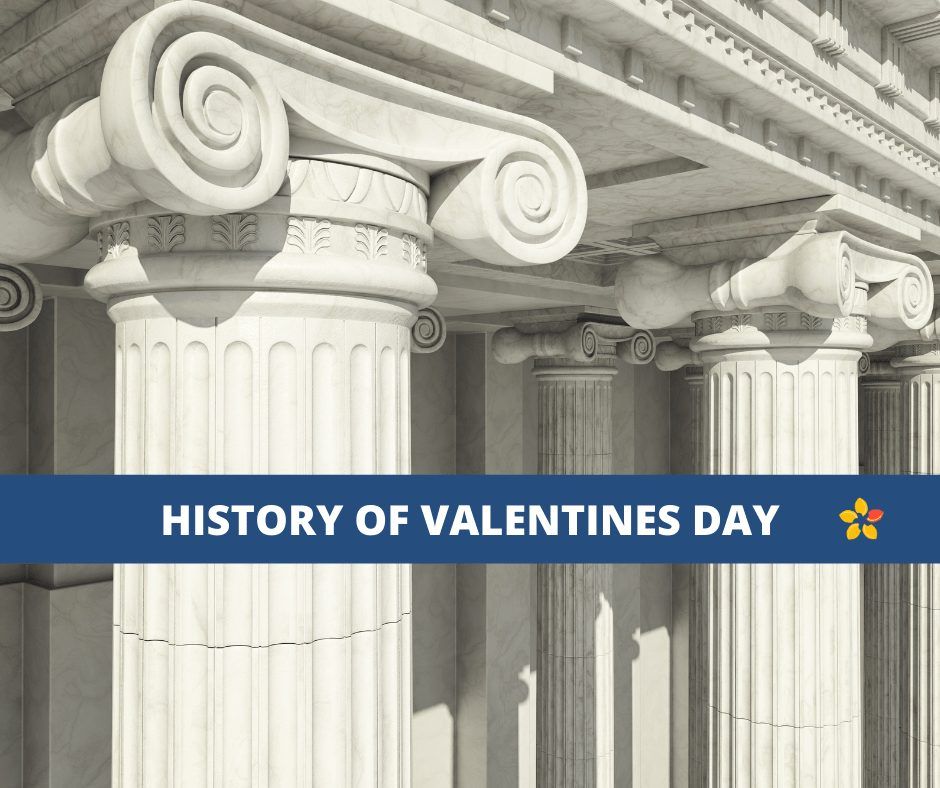The moon has been a source of fascination and intrigue for generations, often associated with myths, rituals, and mysterious phenomena.
One such belief is the idea that the moon’s phases exert a powerful influence on women’s menstrual cycles.
While this notion has persisted through time, modern scientific research offers a different perspective. We will delve into the reasons behind the perception of a moon-menstrual connection and explore the scientific evidence that challenges this belief.
- Historical Legacy: The concept of a moon-menstrual connection has deep historical roots, dating back to ancient civilizations that revered the moon as a symbol of fertility and femininity. These cultural associations laid the foundation for the belief that the moon’s cycles and women’s menstrual cycles were intertwined.
- Pattern Recognition: Humans are naturally inclined to identify patterns and connections in their surroundings. The lunar cycle lasts approximately 29.5 days, which is strikingly close to the average length of a menstrual cycle. This similarity has led some to speculate that there might be a causal relationship between the two, even though the correlation might be coincidental.
- Confirmation Bias: Confirmation bias, the tendency to notice and remember information that confirms one’s existing beliefs, can contribute to the perception of a moon-menstrual connection. When women believe that their periods align with certain lunar phases, they are more likely to recall instances that support this belief and dismiss instances that do not.
- Cultural Influence: Cultural narratives and stories often perpetuate the idea of the moon’s impact on women’s bodies. From folklore to literature, these stories reinforce the belief that the moon exerts a mysterious influence over menstruation.
- Lack of Scientific Consensus: While the idea of a moon-menstrual connection may be deeply ingrained in cultural consciousness, scientific research does not support a causal relationship between the two. Multiple studies have failed to demonstrate a consistent and significant correlation between lunar phases and menstrual cycles.
- Hormonal Rhythms and Menstruation: The menstrual cycle is primarily governed by the interplay of hormones, particularly estrogen and progesterone. These hormonal fluctuations drive the shedding of the uterine lining and the subsequent menstruation. While external factors can influence hormones (such as stress or changes in sleep patterns), there is no scientific evidence to suggest that the moon’s gravitational pull or phases directly impact hormonal rhythms.
- Variability Among Women: Every woman’s body is unique, and menstrual cycle patterns can vary widely. Factors such as genetics, lifestyle, health conditions, and stress levels can all influence the regularity and length of menstrual cycles. This inherent variability makes it challenging to establish a universal moon-menstrual connection.
The belief in a moon-menstrual connection is a testament to the enduring power of cultural narratives and human fascination with the cosmos. However, when scrutinized through the lens of scientific inquiry, the evidence supporting this belief falls short. While the moon’s cycles and women’s menstrual cycles share a similarity in duration, this correlation is not indicative of a causal relationship.
As we continue to explore the wonders of the natural world, it’s essential to rely on evidence-based information and critical thinking. Understanding the complexities of our bodies’ rhythms and the factors that influence them can lead to a more informed and empowered approach to health and well-being.
So, while the moon continues to captivate our imaginations and light up the night sky, let’s appreciate its beauty without attributing undue influence over our menstrual cycles. Our bodies are intricate and awe-inspiring, shaped by biology, genetics, and the remarkable interplay of hormones—realities that make each woman’s menstrual journey unique and beautiful in its own right.








